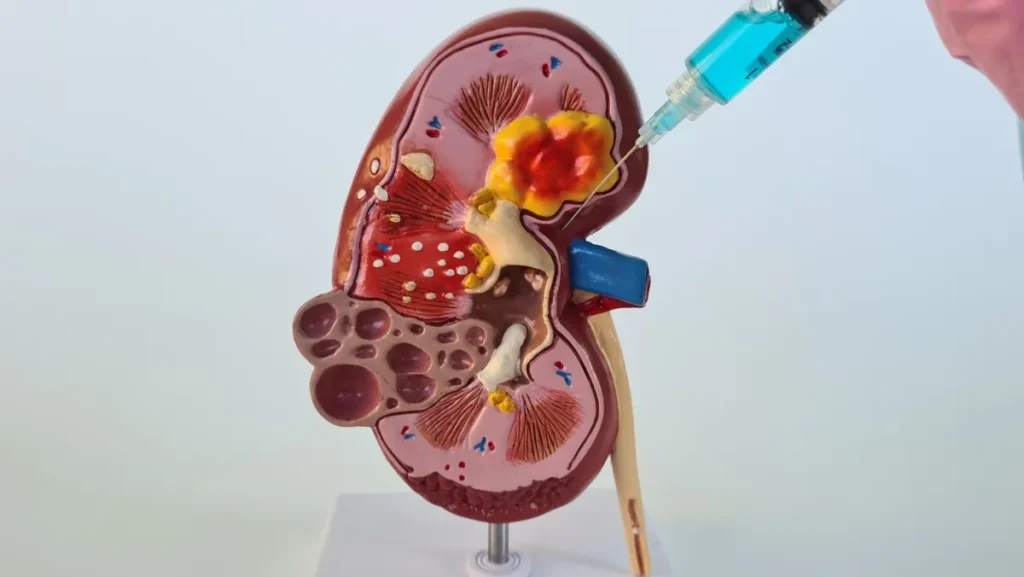
Signs of nephritis include swelling in the hands, face, or feet, blood in the urine (which may appear pink or red), foamy urine due to excess protein, high blood pressure, and fatigue. If you experience these symptoms, it’s important to seek medical attention immediately for a proper diagnosis.
Acute glomerulonephritis occurs when the glomeruli in the kidneys become inflamed due to an immune response. This inflammation interferes with the kidney’s ability to filter waste, leading to symptoms like swelling, blood in the urine, and high blood pressure. It can be triggered by infections or autoimmune diseases.
Glomerulonephritis is the inflammation of the kidney’s glomeruli, which can result in kidney dysfunction. Nephrotic syndrome, on the other hand, refers to a collection of symptoms caused by severe protein loss in the urine. While glomerulonephritis can cause nephrotic syndrome, the two conditions are distinct.
Glomerulonephritis treatment depends on the cause and severity of the condition. While some forms of glomerulonephritis can be treated and managed effectively, others, particularly chronic forms, may not be completely cured. However, early diagnosis and treatment can help control symptoms, prevent complications, and slow the progression of kidney damage.
Some forms of glomerulonephritis, such as those caused by autoimmune diseases or genetic disorders, may have a hereditary component. While not all cases are hereditary, family history can increase your risk. If you have a family history of kidney disease or autoimmune conditions, regular check-ups with a healthcare provider can help monitor your kidney health.
Medically reviewed by Reema Patel, MPA, PA-C — Written by Rebecca Joy Stanborough, MFA — Updated on August 31, 2022


Chronic Kidney Disease in India: Causes, prevalence, and managing options to live a healthier life.